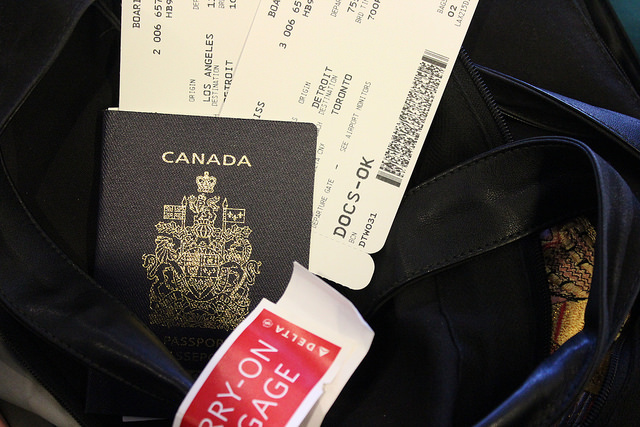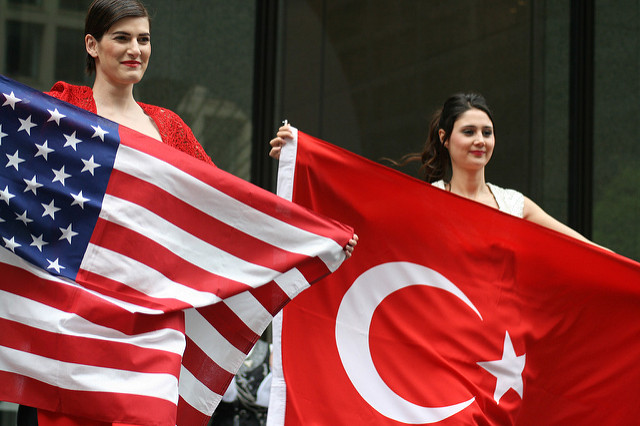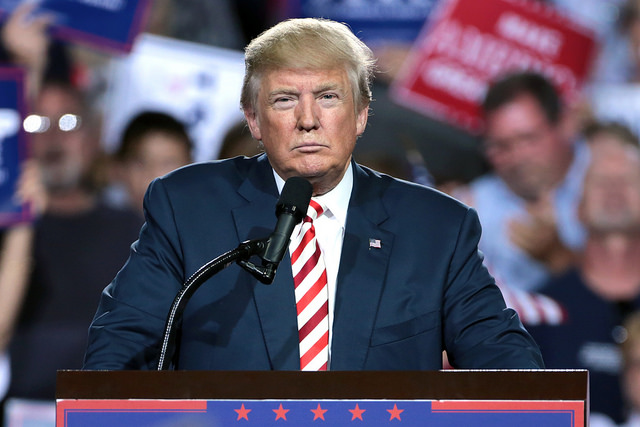The United States Citizenship and Immigration Services (USCIS) has released a new policy memorandum that may soon change the way the accrual of unlawful presence is calculated for individuals currently in the United States on an F, J, or M non-immigrant visa type, as well as their dependents accompanying them in the United States.
The new policy proposes that F, J, and M nonimmigrants who fail to maintain their nonimmigrant status before August 9, 2018, will begin accruing unlawful presence on that day.
Generally, F, J, and M nonimmigrants who fail to maintain their nonimmigrant status on or after August 9, 2018, will begin to accrue unlawful presence the day after they abandon their course of study or authorized activity, or engage in an unauthorized activity.
Current Policy
Since 1997, it has been USCIS policy to begin calculating the accrual of unlawful presence, for a F or J nonimmigrant admitted to the United States in duration of status (D/S), one day after finding the nonimmigrant in violation of their nonimmigrant status while adjudicating a request for another immigration benefit (such as a change of status petition) or on the day after an immigration judge has ordered the exclusion, removal, or deportation of the nonimmigrant, whichever comes first.
F, J, and M nonimmigrants admitted for a specified date (not D/S) began to accrue unlawful presence on the day their Form I-94 expired, on the day after finding the nonimmigrant in violation of their nonimmigrant status while adjudicating a request for another immigration benefit (such as a change of status petition) or on the day after an immigration judge has ordered the exclusion, removal, or deportation of the nonimmigrant, whichever comes first.
DHS recently conducted a study to determine the number of nonimmigrants in F, J, or M status who have overstayed. For FY 2016, DHS calculated that out of a total of 1,456,556 aliens in F, J, and M nonimmigrant status expected to change status or depart the United States, 6.19% of F nonimmigrants, 3.80% of J nonimmigrants, and 11.60% of M nonimmigrants actually overstayed their status.
This minuscule percentage has caused USCIS to revise its policy and change how the accrual of unlawful presence is calculated for this demographic.
 Visa Lawyer Blog
Visa Lawyer Blog












